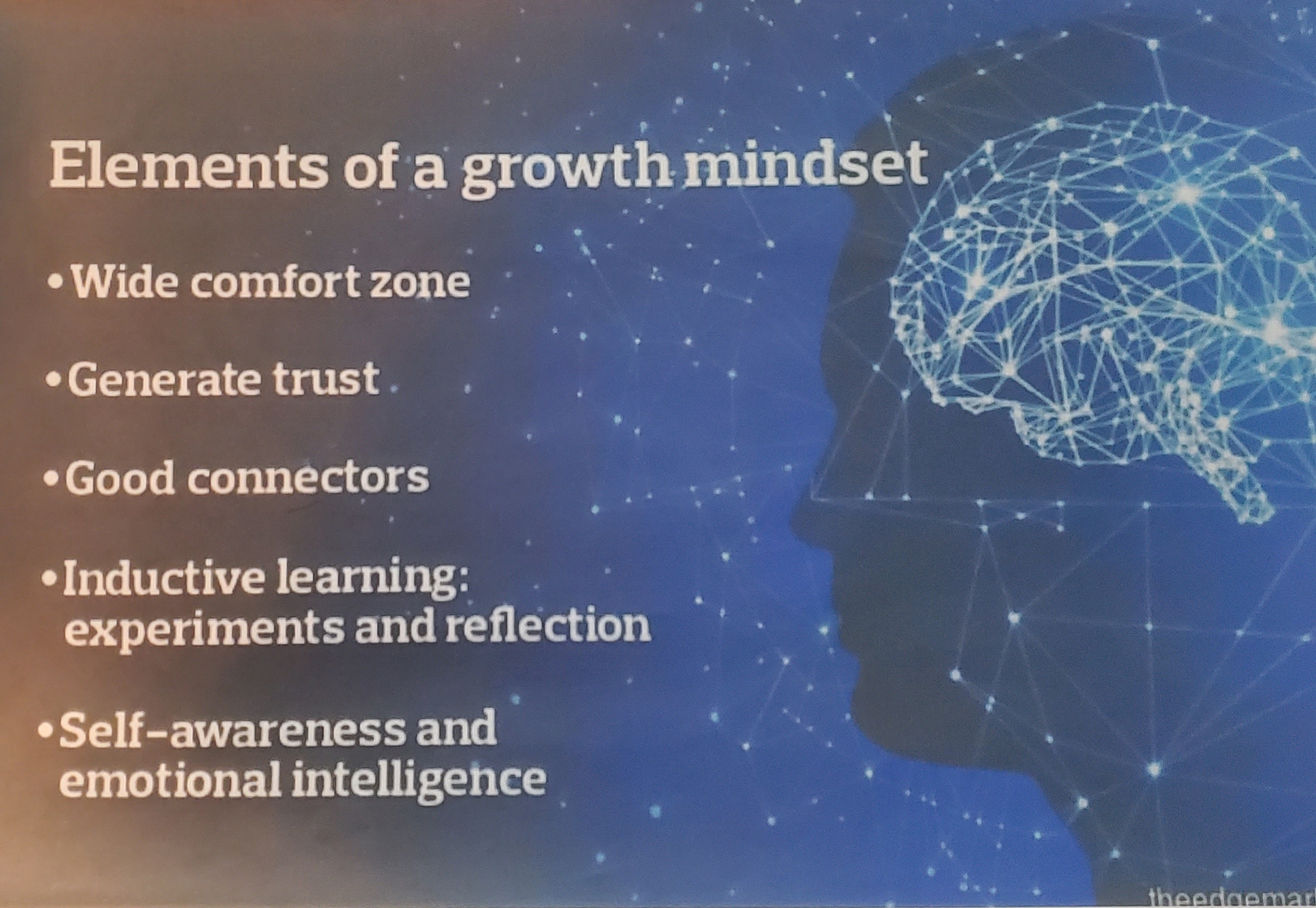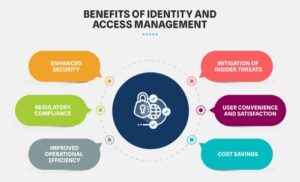
Growth mindset is the fuel that drives the learning process. Understanding what it is, why it matters, and how to build it can help you and your people become better learners
There are two mindsets that can influence our ability to learn, grow, and achieve our goals.
HOW TO BUILD A GROWTH MINDSET
Growth mindset describes a way of viewing challenges and setbacks. People who have a growth mindset believe that even if they struggle with certain skills, their abilities aren’t set in stone. They think that with work, their skills can improve over time.
People with the opposite belief — that abilities are what they are and won’t change — have a fixed mindset. They think their skills won’t improve no matter how hard they try.
The mindsets aren’t set in stone. People may have a growth mindset at certain times and a fixed mindset at others. They may have different approaches to different challenges. And their mindset may change over time.
Having a growth mindset can have real benefits. It helps people reframe their approach to challenges and stay motivated to work to improve skills. Instead of thinking “I can’t do this,” they think “I can’t do it yet.”
The theory of growth mindset isn’t new. It came out of research by psychologist Carol Dweck and her colleagues. Their research focused on kids. But the concept applies to adults, too.
Growth mindset isn’t something that people are always born with. Kids and adults can develop the belief that things that are hard to do now may not always be hard.
There’s been a lot of research into growth mindset. But there are still misconceptions about what it is and isn’t. Here are some common myths — and truths.
Myth 1: You either have it or you don’t. Not true. We all have a mix of fixed and growth mindsets that change based on our experiences and the feedback we get.
Myth 2: Growth mindset is about being positive. It’s more than that. Growth mindset means taking feedback, learning from experience, and coming up with strategies for improving.
Myth 3: Praise builds a growth mindset. It depends what you’re praising. The important thing is how a person approached a challenge, not how hard they worked, or how successful they were.
Many people who learn and think differently face challenges every day. They may struggle with their marriage, kids, family-life, work, community, socio-economical schoolwork or socially — or all.
Dealing with hurdles and setbacks over and over again is frustrating. You may get upset about them. But facing challenges can also build important emotional strengths. These qualities last a lifetime and help adults cope with tough situations.
Most don’t always see these emotional strengths in themselves. You can help build your self-esteem by pointing out these strengths when you notice them. Also, talk about why these qualities are so valuable.
Here are four key strengths that can come from challenges.
1. Determination
Some people call it perseverance. Others call it grit. When things don’t come easily, some people give up. But others keep at it. They don’t let challenges keep them from trying.
Point out this strength: “Learning a new product was really tough this week, but you researched and studied a lot and got extra help from the team lead. You set a goal and you stuck to it. I’m proud of you.”
Explain why it matters: “Everybody faces challenges. But if people give up, they won’t have the chance to solve the problem and learn new things. It’s great that you keep working to make things better.”
2. Empathy
Being a different kind of learner can help some colleagues or family members be more thoughtful about other people’s differences and needs. But they may not recognize it as empathy. It’s just “how they are.”
Point out this strength: “It’s great that you invited the new co-worker to lunch to sit in your office to share a morning coffee. Not everyone would do that. But you thought about how it feels when people aren’t friendly.”
Explain why it matters: “Being able to imagine what another person is feeling is a real skill. It can make you a better friend and colleague. It also lets you see when people need help.”
3. Courage
Men and women who face challenges are used to being out of their comfort zone. That can make them more willing to try new things or tackle tough problems, even if they might fail.
Point out this strength: “When you applied for that new job or that new position, you didn’t know the hiring manager or the leadership team. You weren’t sure if you were smart enough. But you jumped in and did your best even though you were nervous.”
Explain why it matters: “It’s scary to take risks. But being willing to try even when you don’t know how something will turn out is a strength. And it can lead to great things.”
4. Confidence
Understanding their weak spots can give one power and a sense of control. It lets them speak up for themselves and ask for what they need, which builds confidence.
Point out this strength: “I’m impressed by how you asked the speaker for clarification. You knew that would help you, and you explained why. You got what you needed, and it helped.”
Explain why it matters: “I know it feels bad when you don’t understand the question at times. But asking for help can help you solve problems — and that’s so much better than giving up.”
There are other ways you can help your build these strengths.
- Explore activities you can do to build a growth mindset and stay motivated.
- Discover the different types of strengths you have.
- And get tips to build resilience in your life through wise counsel or a mentor.
Key takeaways
- Facing challenges can help build determination, courage, and confidence.
- One who learn and think differently may also be more thoughtful about other people’s differences and needs.
- Point out these strengths when you notice them, and explain why they’re important.
Growth mindset and learning and thinking differences
We all have times when we feel like we’ll never get better at something or that we’re destined to fail at particular tasks. But people who learn and think differently often face more setbacks than other people.
They usually know when they’re not doing as well as others and may doubt their ability to improve. They may feel judged or criticized. And that can make them feel insecure or defensive, which can get in the way of growth.
Having a growth mindset has a big impact on how people approach challenges and how they feel about themselves.
How to develop a growth mindset
A big part of having a growth mindset is not letting setbacks keep you from working to improve. It’s important to remember that setbacks can actually provide a way forward.
A key to making progress and moving forward is self-advocacy. Speaking up when something isn’t working and asking for support can lead to solutions. And that can lead to improvement.
Self-advocacy develops over time. You can start learning and practicing the skills at any age. The earlier that happens, the better. But people can build self-advocacy skills at any age.






